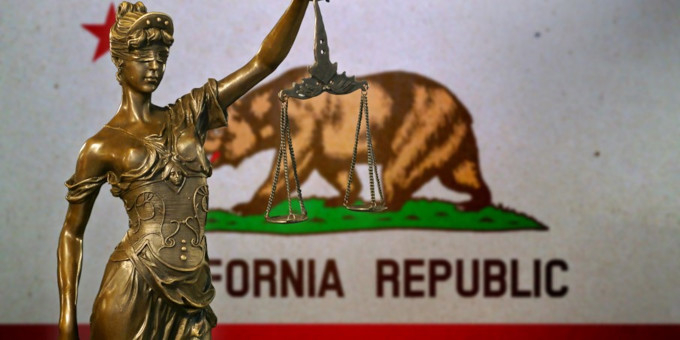

Angle

California Cracks Down on Early Discovery Delays
- eDiscovery
- 3 Mins
Discovery abuse has always been a grievance for attorneys and judges. Delay tactics, overfull caseloads, inefficient time management, and even ill-intentions are reasons why the discovery process can drag on for much longer than it should. This wastes time, money, and other resources for everyone involved. It can even affect outcomes causing a party to settle or not be able to invest as much in a matter because too many resources were already spent on motions or other frivolous tasks.
There has been a growing trend of judges entering harsher sanctions to reach justice. Many are fed up with discovery abuses that not only prejudice the other party, but also impede the judge’s ability to manage an overloaded docket. The state of California recently made legislative changes that feed into this trend and provide state courts with an opportunity to issue greater sanctions for certain discovery misconduct. California courts and litigators should become familiar with these changes before next year’s effective date.
New California Law
On Sep. 30, the state of California passed a bill into law that increases sanctions for early discovery abuses and makes other significant changes. It amends the California Civil Discovery Act, which allows the court with party stipulation to order initial disclosures within 45 days. This includes but is not limited to contact information for anyone that is likely to have discoverable information with listed subject matter, relevant documents in the party’s possession, and applicable insurance policies.
California courts now have the power to impose sanctions up to $1,000 when any of the following actions occur:
-
Failure to respond in good faith to a request for the production of documents or to an inspection demand;
-
Producing requested documents within seven days before the court was scheduled to hear a motion to compel that was filed due to failure to respond in good faith; or
-
Failure to confer with the party or attorney that requested documents in an attempt to informally resolve any dispute concerning the request.
The prior limit for sanctions was $250, so this is a significant increase. Judges also have discretion to order sanctioned attorneys to notify the California State Bar within 30 days, as state law requires courts to report attorneys that receive sanctions of $1,000 or higher.
The new updates also add a section stating that each party must respond within 60 days after a party makes a demand for initial disclosures. The parties can stipulate to modify this arrangement and supplemental demands are allowed. This addition in itself is noteworthy as it highlights another key discovery trend – the desire for parties to be more collaborative early on in a matter without need for court intervention. This is added before the court order section, which sends a message that litigators should independently take advantage of early investigation to help streamline their cases. This could even provide information leading to early settlement, which saves party and judicial resources.
The amendments go into effect on Jan. 1, 2024. There is a sunset provision effective three years later that applies to all changes except those relating to increased sanctions.
Looking Ahead
The reason the California legislature made changes to the initial disclosure rules is to increase discovery efficiency, control costs, and attempt to put an end to unnecessary delays. Having some key information before getting to the actual discovery phase can allow claims with merits to get the attention they need, provide basis to perform early case analysis, and help judges maintain balance in their dockets.
California legislators have reported positive sentiments in hopes that these changes can combat some of the longstanding issues and provide benefits across the board. Adding caveats for supplemental requests and the sunset provision also offers room for everyone to learn during the process and make changes to the law if needed. It will be interesting to see whether more parties make demands earlier on and how judges enforce these provisions.
Other states with looser initial disclosure and sanction rules may also entertain similar bills, especially if the changes in California prove fruitful. Litigators should monitor this and be prepared to comply in the future. This is especially true since judges across the nation have been issuing harsher sanctions in recent years. Discovery cooperation has been an ongoing focus, but there could be more case law on the horizon about early intervention and disclosure mandates to achieve justice more expediently.
The contents of this article are intended to convey general information only and not to provide legal advice or opinions.
